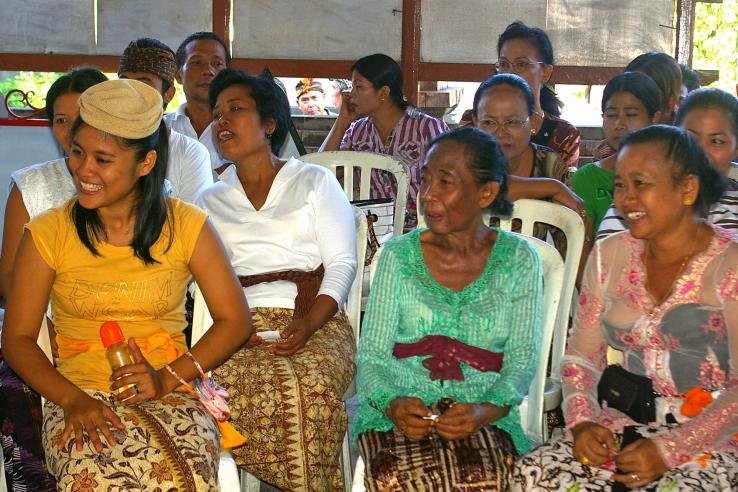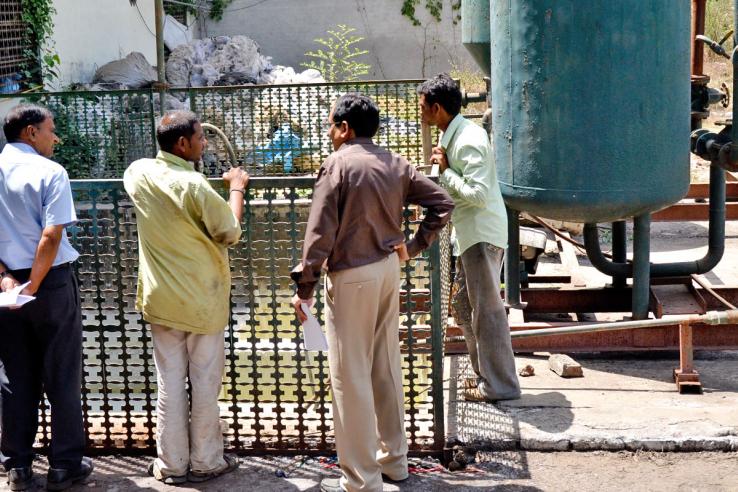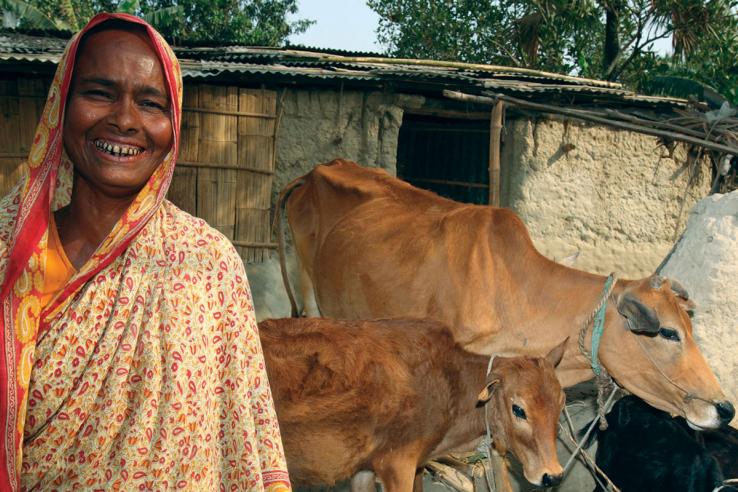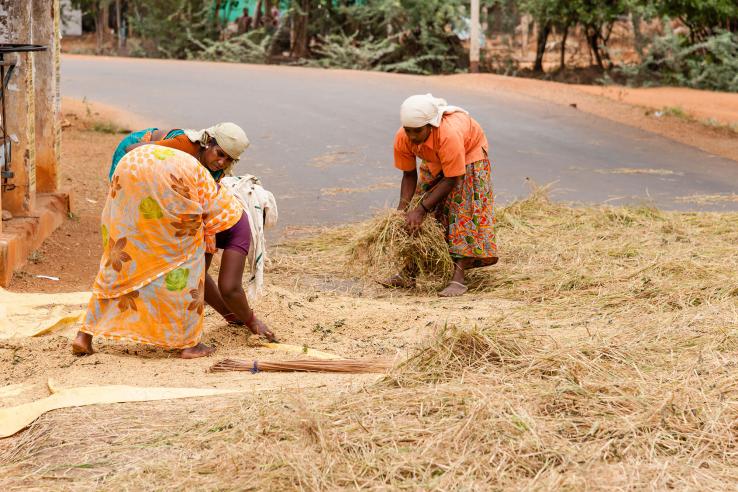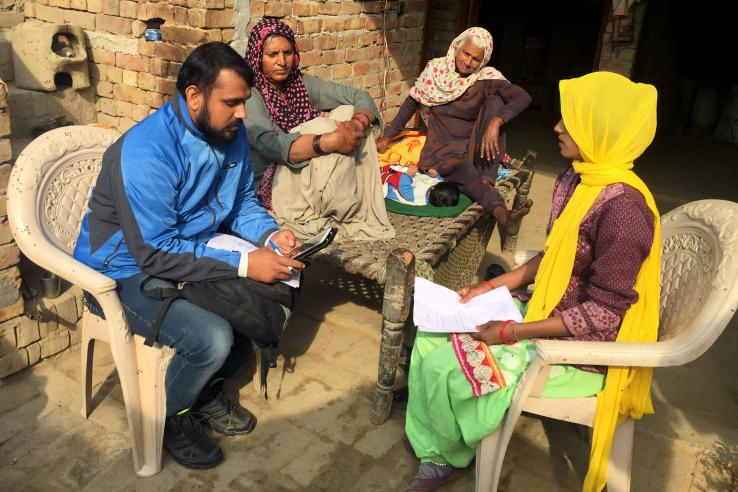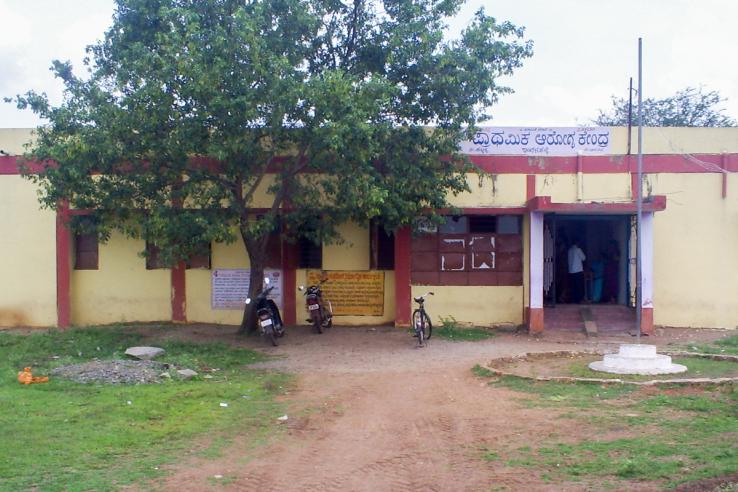Displaying 1651 - 1665 of 8491
Evidence to Policy Case Study
Case study
A performance-incentivized community grant program shown to accelerate improvements in health reached about 4.9 million people from 2010 to 2018 and generated important lessons for future programs to reduce childhood stunting in Indonesia.
Evidence to Policy Case Study
Case study
Evidence from a randomized evaluation informed the scale-up of a pollution audit policy in Gujarat, India.
Research resource
Far from a simple administrative step, decisions about a study’s intake and consent process are critical for the success of a study. This process can affect statistical power, bias, and the validity of the study through effects on the composition of the consented study sample, the intake/consent...
Evidence to Policy Case Study
Case study
The French Ministry of Education has expanded a parental involvement program to all public schools in the country on a voluntary basis.
Evidence to Policy Case Study
Case study
A multifaceted livelihood program has reached and improved the standard of living for more than three million households across more than 15 countries following randomized evaluations by J-PAL affiliates.
Evidence to Policy Case Study
Case study
Central and state governments in India have adopted a financial reform to enhance public service delivery informed by evidence.
Evidence to Policy Case Study
Case study
With support from J-PAL and IPA, the Ministry of Education in Peru created a dedicated unit to identify, test, and scale low-cost interventions to improve educational outcomes.
Blog
Back in February of this year, J-PAL hit a milestone: our affiliates collectively conducted over 1,000 randomized evaluations. Six months later, we revisit this milestone with a new perspective.
Evidence to Policy Case Study
Case study
Following an evaluation in California testing variations of reminder letters to low-income households to increase take-up of tax credits, the US tax agency scaled up nationally the use of messaging on notification letters that simply and prominently displayed potential benefits.
Evidence to Policy Case Study
Case study
Saga Education’s intensive math tutoring program has been shown to improve academic outcomes and has now reached 12,000 students facing barriers in the United States.
Evidence to Policy Case Study
Case study
Based on evidence that biometric monitoring technology did not increase doctors' attendance at primary health centers, the government of Karnataka decided to end the program, saving taxpayers millions of dollars.
Evidence to Policy Case Study
Case study
The French government abandoned a policy that would have required firms to make recruitment decisions based on anonymized resumes after research showed that a voluntary, pilot scheme actually harmed minority applicants’ employment chances.
Evidence to Policy Case Study
Case study
Evidence from a flagship randomized evaluation in the United States prompted legislative and administrative changes to expand housing choice for low-income families.
Person
Adrien joined J-PAL Europe in 2009 and is currently working on a thesis about teaching methods and teachers’ practices. He is specialized in Economics of education and has a vast diversity of experiences in evaluation techniques and Randomized Controlled Trial (RCT).
Evidence to Policy Case Study
Case study
Evidence from a randomized evaluation and cost-effectiveness analysis led the Chilean government to expand a consumer information campaign to protect at-risk marine species.
